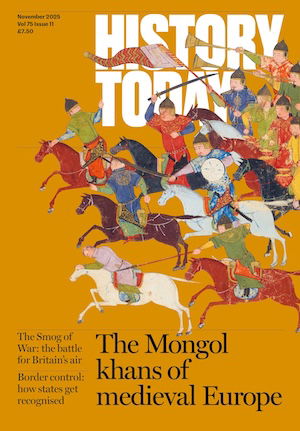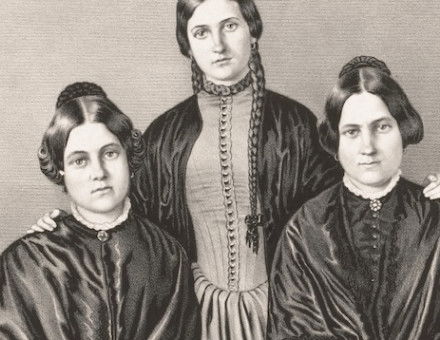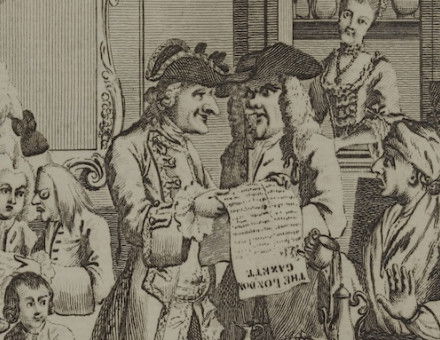The Mongols and Europe
John Andrew Boyle describes how, for many years during the mid-thirteenth century, Mongol forces which had already driven deep into Central Europe, threatened to over-run and obliterate the Christian civilization of the West.
In the autumn of 1237 a Mongol army, under the supreme command of Prince Batu, a grandson of Genghis Khan and the future founder of the Golden Horde, crossed the Middle Volga and fell upon the principalities of Central Russia. Town after town was captured and destroyed, including the then comparatively unimportant Moscow, and by March 1238, the invaders had turned in a northerly direction and were advancing upon the great commercial city of Novgorod.
They had approached within sixty-five miles of their goal, when, apparently fearing that the spring thaw would render the roads impassable for their horses, they suddenly withdrew to the south. More than two years were to pass before the Russians saw them again.





